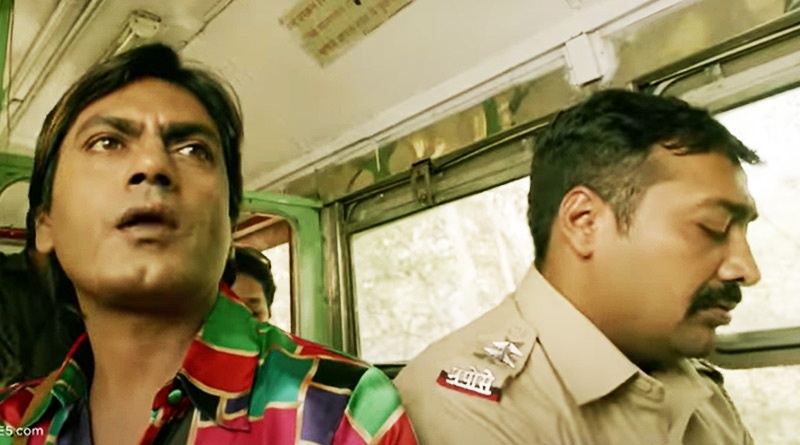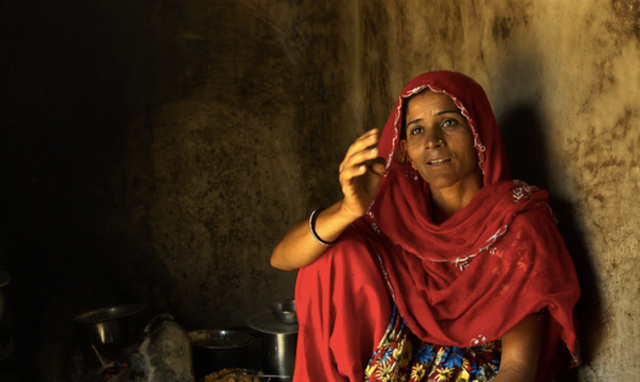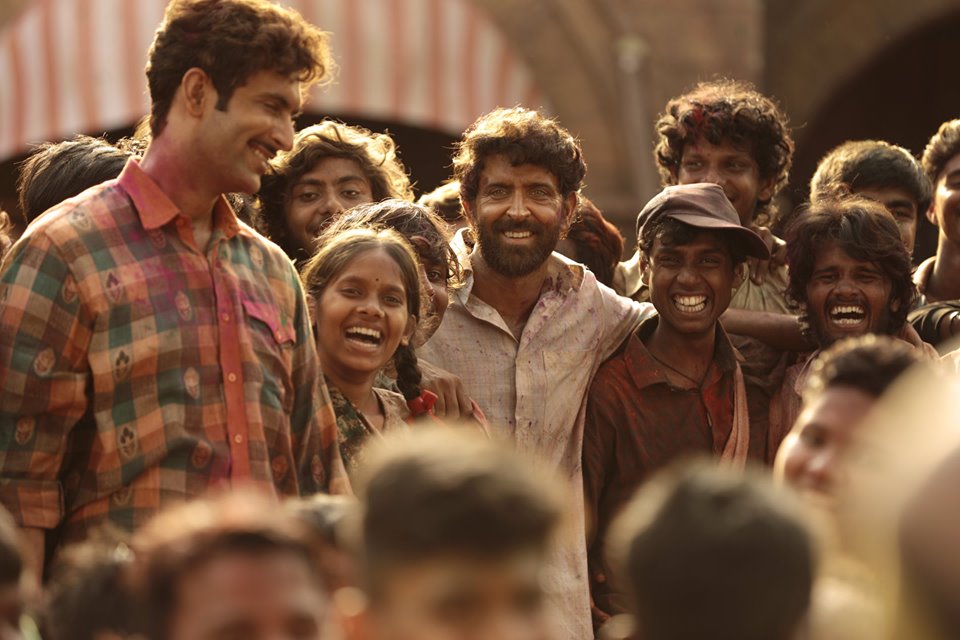FILM REVIEW
The recent flick Badhai Ho delves into the tabooed questions surrounding late motherhood and the societal ridicule that it generates. The film also shows how judgments around women’s sexuality are often passed without genuine empathy.
Richa Goswami

Badhai Ho is a film released in October 2018, directed by Amit Ravindernath Sharma. The film stars Neena Gupta, Gajraj Rao, Ayushmann Khurana and Sanya Malhotra in lead roles. The film reminds me of a common anecdote, for which the specific details no one shares but in generality is oft repeated, “Pehle aisa bahut Hota tha…maa beti ki saath delivery ho….ya saas bahu ki saath delivery ho” ( In earlier times it wasn’t rare that the mother-daughter or the mother-in-law and daughter-in-law would get pregnant together). Such a statement invokes laughter at the expense of our distant forgotten rural relatives. People like us living in cities often feel that such stories are not about us or our families.
And in this context the film Badhai Ho makes us both laugh and relate to this uncomfortable ‘embarrassing’ side of a woman’s sexuality by situating the story in Delhi. It is a story of a woman who is at peace with herself and her decisions. It is also the story of an upwardly mobile family and the nuances of change that economic mobility brings. It is a fun film for the middle aged, “you must watch the film but Bachchan ko Ghar chhod Kar jaana, you will enjoy more.”
First of the two things that the movie very successfully brings up is the changes that economic mobility brings in and how that makes the lives and life choices of the two generations different. Second is the role and position of the woman in the family and society vis-a vis her ability to bear children.
The story revolves around a typical family that migrated from Meerut as the man of the house, played by Gajraj Rao, gets a government job and the family moves to Delhi. The two sons one in school and one in a corporate job have had city upbringing in a financially secure atmosphere. The differences that are made evident in the film are about the age of marriage which was much lower a generation ago, and continues to be low in villages and small towns. This leads to many interesting possibilities in life one of which is narrated in the film. Age of marriage like many other similar things is dependent on where in the continuum of modernity does a family stand.
The second difference is in the way professional position and money is viewed by the father and the son. Being a ticket collector in northern railways the father feels it his right and privilege to get small bits of work done by his juniors. He is also not ready to easily give a tip for such a work. The son on the other hand is unable to accept this as on one hand he is not accustomed to such a work culture and secondly also because he is financially in a different position than his father. A third reason that I feel plays behind this difference is the cultural difference that has come about in reciprocation. In current times, there is a need to compensate for everything in a monetary way and not keep the burden of obligation to be cleared when the right time arises.
The second aspect of the film worth appreciating is the character of Priyamwada, played by Neena Gupta. She is the dutiful daughter in law, and loving wife and mother whose love is often wrapped with scolding to everyone around. She is shown to be satisfied with the small pleasures of life like enjoying the mango. But when time came to take a difficult decision like continuing with the pregnancy at a later stage in life she stood firm. She did not fear the medical complications this could lead to and she did not care for the ridicule that was to come her way with the decision.
For the urban highly educated professional women, pregnancy at 40 is not unheard of. It is also not a matter of being ashamed. The women, spend time studying, getting a job, establishing their careers and then get married and have children. In such a scenario 40 is not too late. At the same time it is interesting to note how easy and natural it is to judge women for something as personal as wanting to bear a child. Inability to bear a child or to bear a boy child often forms the basis for a lot of harassment and abuse that innumerable women experience across socio-economic boundaries. This film presents the reverse where a woman experiences similar ridicule and emotional harassment for wanting to bear a child at the wrong age. The man on the other hand initially experiences the same embarrassment but soon experiences a sense of pride. The scene where he touches his almost nonexistent moustache is a killer. He realizes that he is being considered and compared with much younger men.
The film is also to be appreciated for bringing out the dynamics of the relationships that Priyamwada has with her husband and her mother in law. Right from the beginning, he described this to be her decision and backed it whole heartedly. The mother in law though realises the value of her daughter in law every day, she never says it, instead constantly puts her down. In a patriarchal society, she depicts the need that women feel to be against other women and control the “man of the house’.
Renee, played by Sanya Malhotra, is the ray of rationality and a humane feminist voice in the film. She comes across as the only non-judgmental person in the film. Women need to stand by women. She takes the whole thing in her stride and finds it natural. As a society we are now at a point where we are talking about the sexual rights of each person, the film talks about the most accepted rights of married people. If anything as a society, we have always accepted the rights of married heterosexual couples, but whatever happens inside the bedroom should not be known outside and here this pregnancy smashes that facade.
Above all the film tells an interesting story and fills in the details to the oft repeated empty anecdote.














